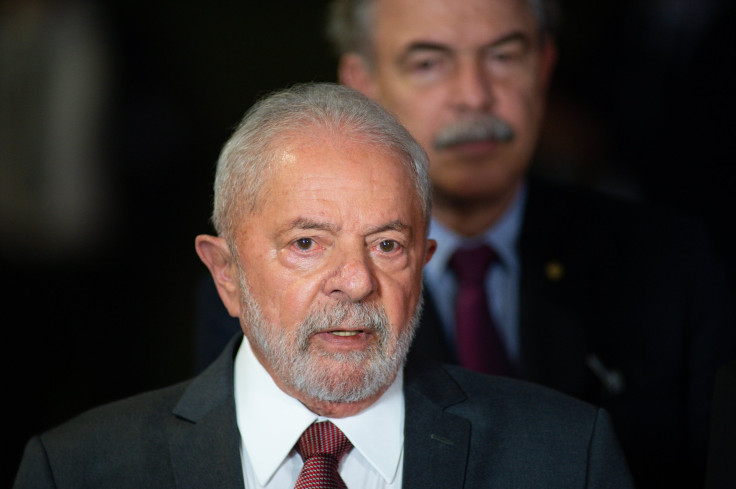
Brazil's Luiz Inácio Lula da Silva has announced six new indigenous reserves, restricted commercial farming, and banned mining in the area.
The lands, which include a huge area of Amazon rainforest, cover about 620,000 hectares, reported BBC.
The new reserves are in northeast, south and central Brazil.
Even though Indigenous leaders welcomed the President's decision, they said that more areas in Brazil needed protection.
Lula, who took office in January, fulfilled the campaign promise to reverse the policy of his predecessor Jair Bolsonaro, a far-right leader.
Bolsonaro had the support of the country's agricultural sector and its powerful farm lobby. He had promised publicly never to allow "one more centimeter" of land for reservations. According to Al Jazeera, he had said that Indigenous people had a lot of land for so few people.
Approximately, 300 Indigenous groups stay in 730 territories that they consider as ancestral lands. They are mainly in the Amazon rainforest. But only 434 of those territories have been officially recognized by the authorities.
When Bolsonaro was the President, he made it his mission to encourage economic development in the Amazon.
He had often said that mining in Indigenous territories in Brazil, which is dependent on imported fertilizers, could build more of its own potassium reserves.
On Friday, Lula signed the demarcation decree. It was the final day of a gathering of Indigenous people from around Brazil in Brasília, which is the country's capital.
The 77-year-old leader, who previously served as President from 2003 to 2010, told the crowds that they were "going to legalize Indigenous lands," and that it is a "process that takes a little while because it has to go through many hands."
He shared that he doesn't want any "Indigenous territory to be left without demarcation during my government," and that is the "commitment I made to you."
Later, Lula tweeted about his decision, which he described as "an important step."
Hoje demarcamos 6 territórios indígenas, um passo importante. Não deixem de se organizar e cobrar. O governo existe para atender os interesses do povo. Tenho certeza que o povo indígena terá orgulho da ministra @GuajajaraSonia e da @JoeniaWapichana na Funai.
— Lula (@LulaOficial) April 28, 2023
📸: @ricardostuckert pic.twitter.com/nWM2Oxlmlp
In the last few years, there has been an alarming rise in deforestation of the Amazon rainforest. It is a crucial buffer in the global efforts being made to fight against climate change.
The decree allows Indigenous people to exclusively use natural resources on the reserves. Mining is banned in the area, and there are tight logging and commercial farming rules.
© 2025 Latin Times. All rights reserved. Do not reproduce without permission.




